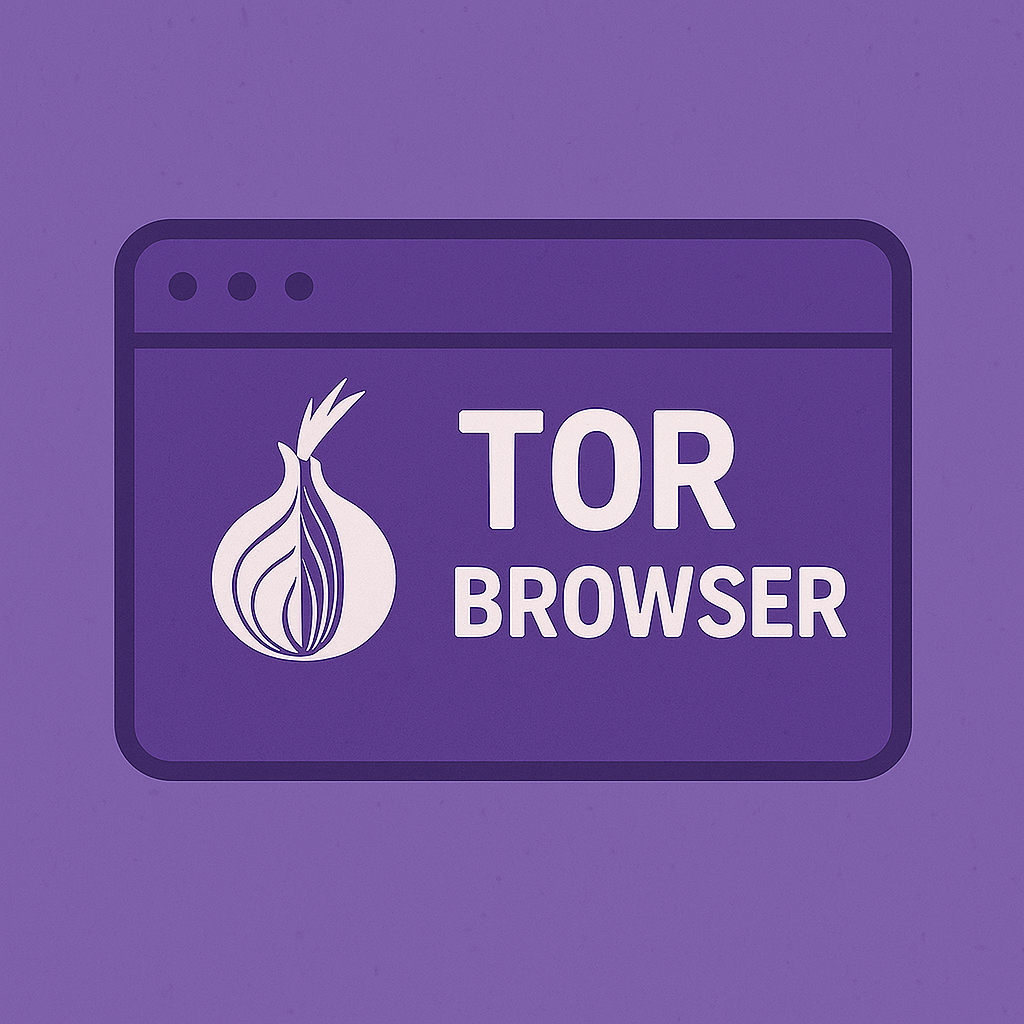Medium
4w
328

Image Credit: Medium
Tor Browser: A Gateway to True Anonymity or a Shortcut to Crime?
- Tor Browser, short for 'The Onion Router,' offers anonymity by routing internet traffic through encrypted relays globally, making tracing difficult.
- Data sent through Tor is encrypted multiple times and passes through random relays before reaching its destination.
- Tor is beneficial for journalists, activists, and citizens in censored countries, providing a shield against tracking and censorship.
- While not completely foolproof, Tor's anonymity is stronger than standard browsers, but user actions can compromise it.
- Despite its privacy benefits, Tor is also popular among criminals due to its anonymity, serving as a gateway to the Dark Web.
- The Dark Web, accessed through Tor, hosts illicit activities like drug sales, weapon trafficking, and hacking services.
- Governments struggle to combat cybercrime on Tor, viewing it as a challenge to track criminal activities facilitated by the platform.
- The ethical dilemma around Tor arises from its dual nature, being used for both noble purposes and criminal endeavors.
- Tor's usage is subjective, with arguments for both its positive impact on privacy and negative influence on enabling malicious actions.
- The future of Tor hinges on the balance between privacy and security, necessitating a nuanced approach to address its misuse while safeguarding civil liberties.
Read Full Article
19 Likes
For uninterrupted reading, download the app